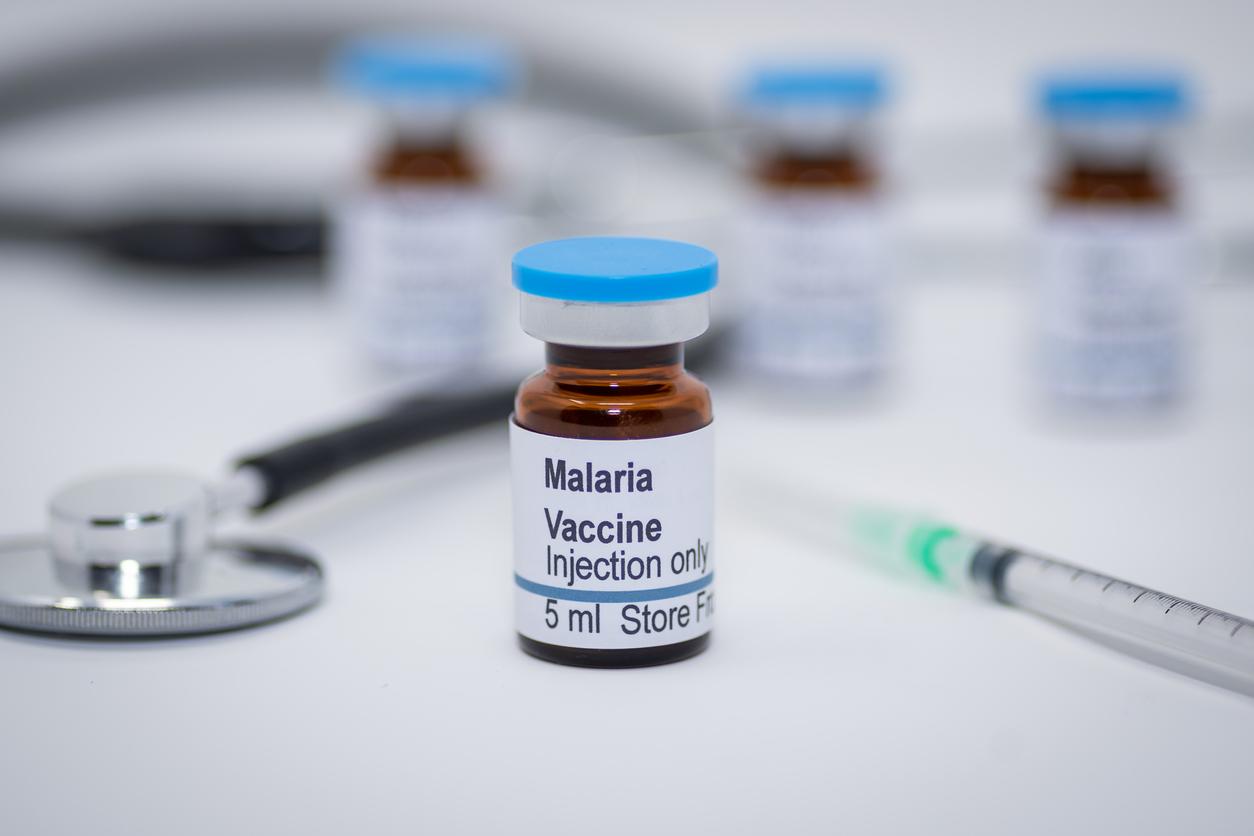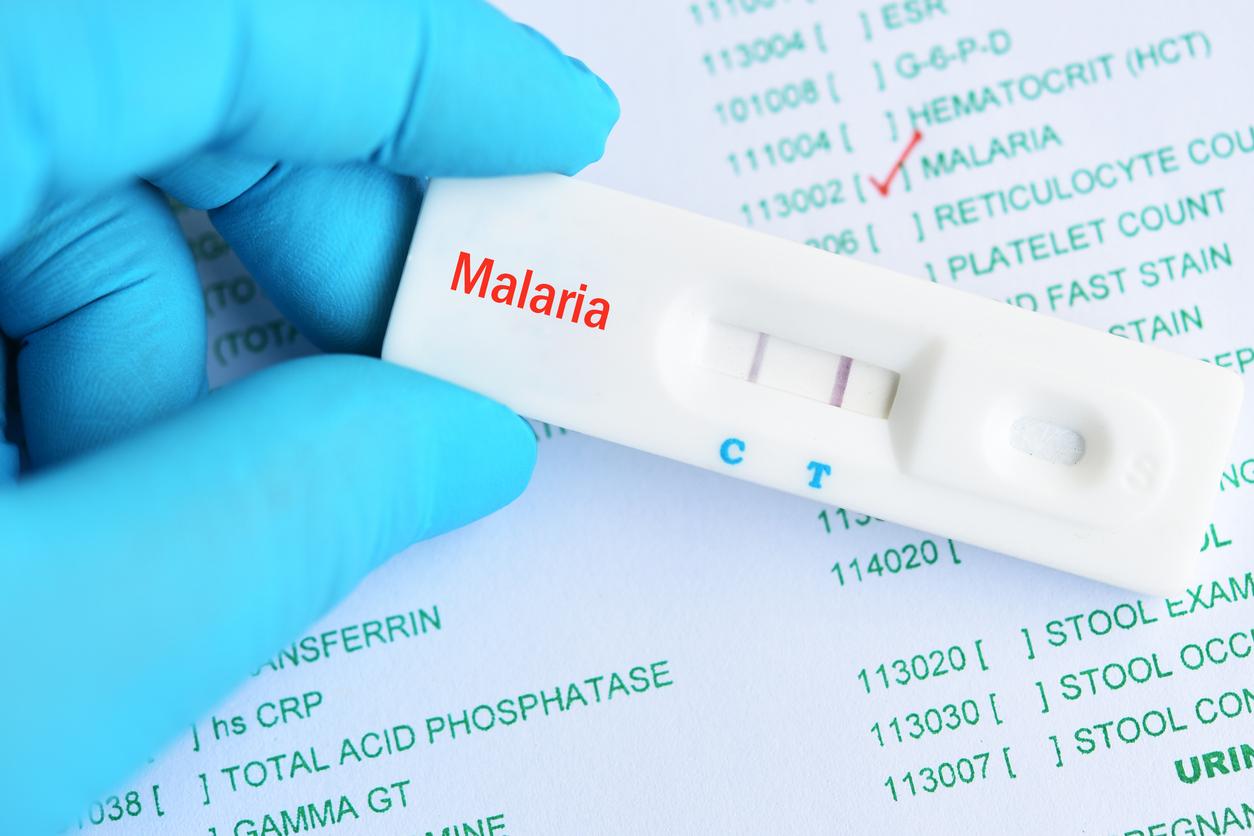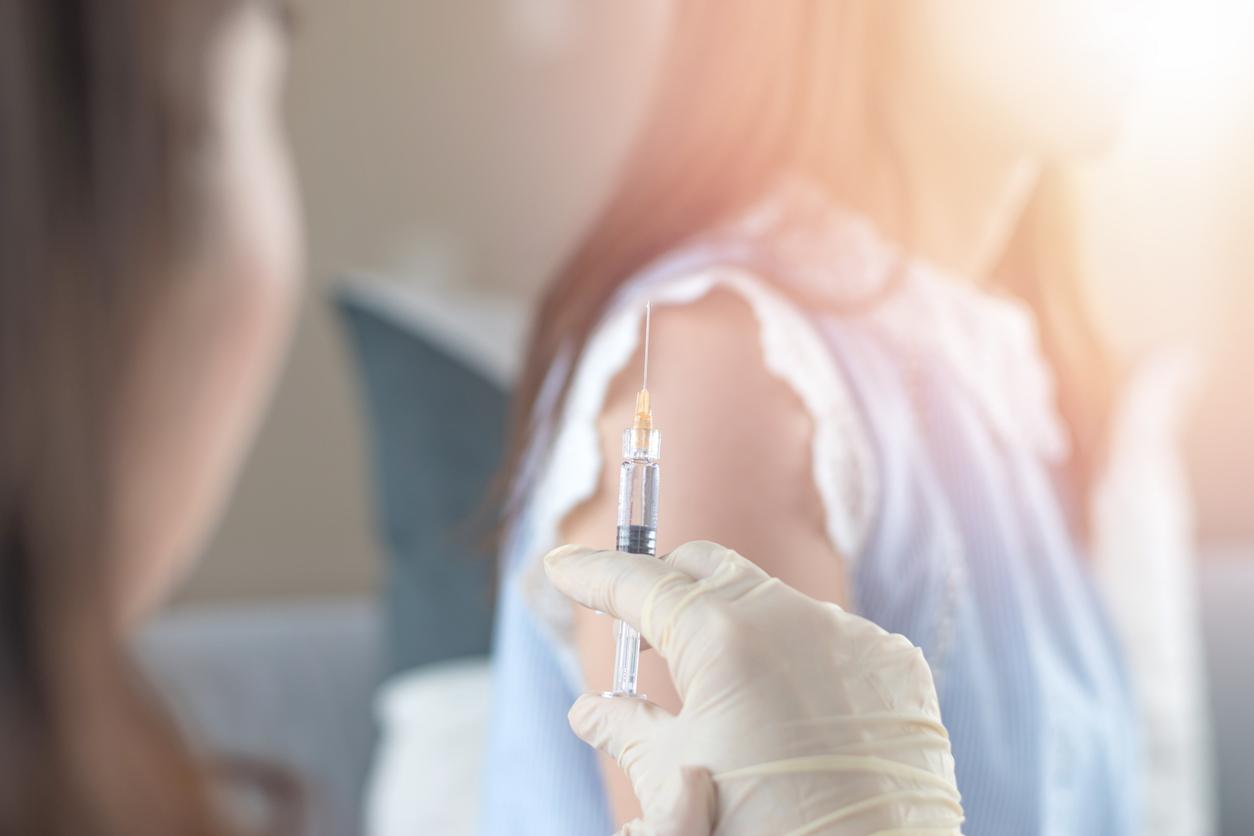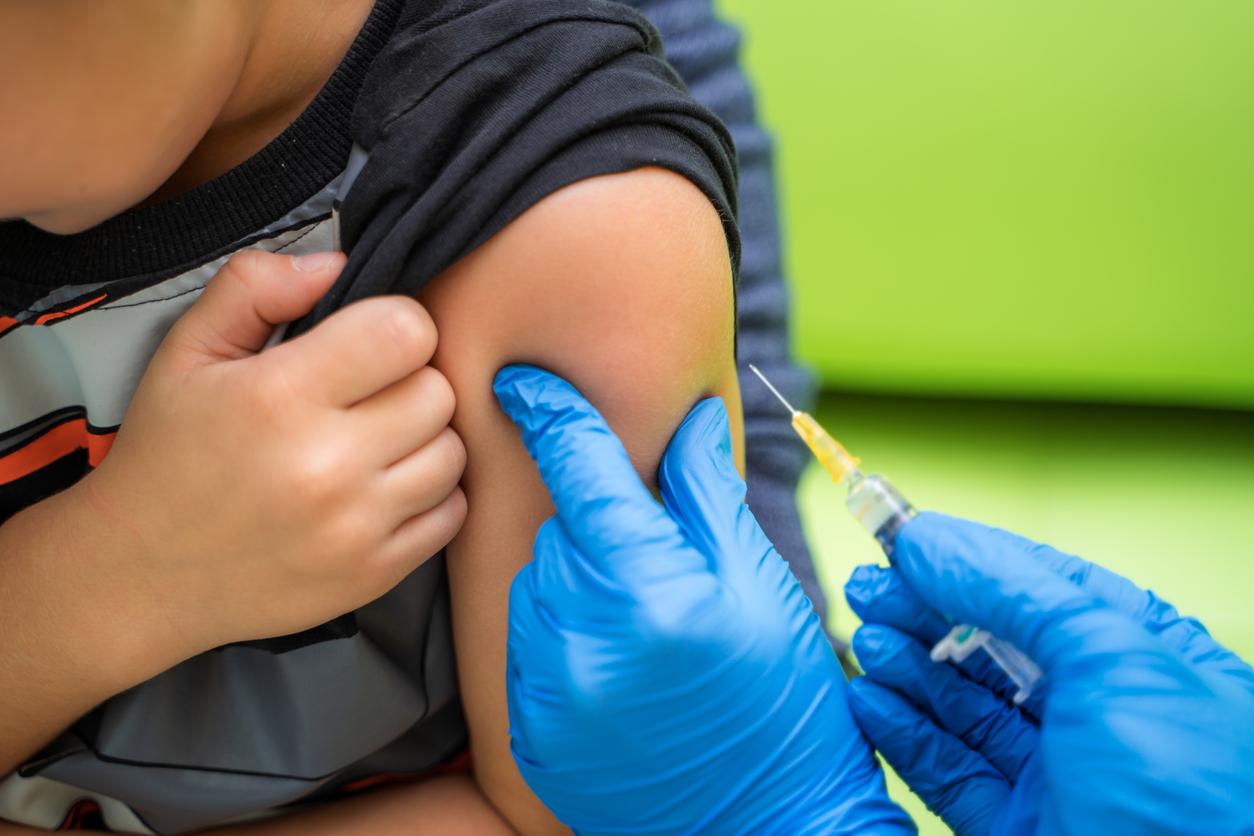Ghanaian health authorities have just authorized a new “highly effective” vaccine against malaria.

- A new malaria vaccine has been licensed in Ghana.
- Developed by the University of Oxford, it exceeds the efficacy targets set by the World Health Organization.
- It will be given to children aged 5 to 36 months, who are most at risk of death.
The fight against malaria is taking a new turn in Ghana. On Wednesday April 13, Ghanaian health authorities authorized a promising new vaccine. Developed by scientists at Oxford University, the serum has shown significant efficacy in trials. This is the first time it is allowed in the world.
FDA approves R21 Malaria Vaccine for immunization in Ghana, read more in the statement below pic.twitter.com/hnbZ2n43ip
— FDAGhana (@fdaghana) April 14, 2023
Malaria: a vaccine for young children
Called R21, the vaccine will be for children aged 5 to 36 months,”the age group most at risk of death from malaria”specifies the University of Oxford in a communicated. According to the World Health Organization, children under five accounted for 80% of malaria deaths in Africa in 2021.”It is hoped that this crucial first step will enable the vaccine to help Ghanaian and African children effectively fight malaria.”clarifies the text.
How does this new malaria vaccine work?
The serum contains the “Novavax Matrix-M”, a saponin-based adjuvant that enhances the immune system response, making it stronger and longer lasting. “Matrix-M adjuvant stimulates the entry of antigen-presenting cells at the injection site and enhances antigen presentation in local lymph nodes”, according to the press release. “This technology has also been used successfully in Novavax’s Covid-19 vaccine and is a key component of other vaccines in development.”
R21 vaccine: high levels of efficacy
In the context of malaria, this technique is particularly promising. “The R21/Matrix-M vaccine has demonstrated high levels of efficacy and safety in phase II trials, including in children who received a booster dose of R21/Matrix-M one year after a primary regimen at three doses”, the statement said. The World Health Organization has set the vaccine’s efficacy target at 75%, but trials, carried out in 2021, showed that R21/Matrix-M achieved 77%.
Malaria: a vaccine manufactured on a large scale to fight against the disease
“This marks the culmination of 30 years of malaria vaccine research at Oxford with the design and delivery of a high-efficacy vaccine that can be delivered at scale to the countries that need it most.” said Adrian Hill, chief researcher of the R21/Matrix-M program and director of the Jenner Institute at the University of Oxford in the Department of Medicine at Nuffield. According to Oxford, this vaccine could be “manufactured on a large scale and at modest cost” and so “provide up to hundreds of millions of doses to African countries suffering from the heavy burden of malaria”.


















